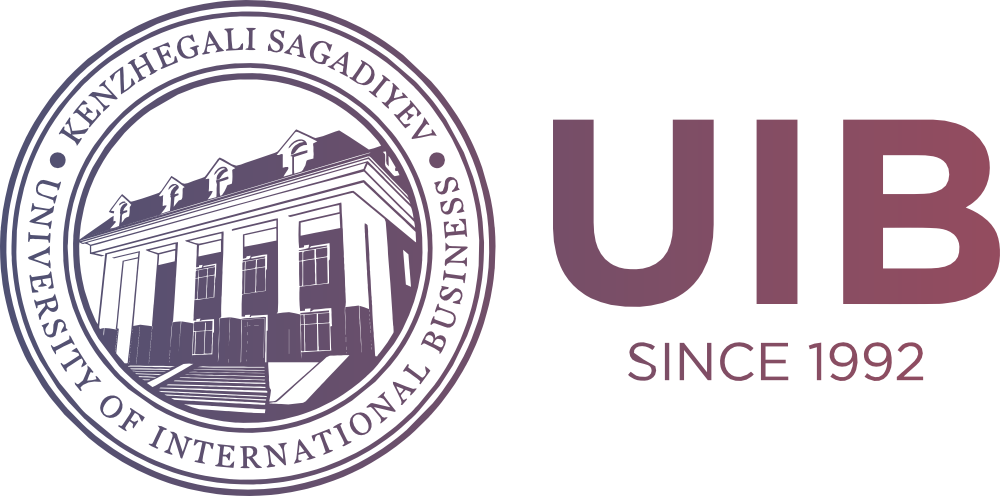Liquid Biofuels: Sustainable Development Analysis
DOI:
https://doi.org/10.47703/ejebs.v4i58.24Keywords:
biofuel, environment, sustainable developmentAbstract
The ecological footprint of Hungary is close to the European average and we expect further growth. The projects of the Széchenyi 2020 program and the Hungarian Multinational Oil and Gas Company (MOL) promote the development of the green economy provide significant subsidies. The depletion of petroleum-derived fuel and environmental concern has promoted to look over the biofuel as an alternative fuel source. However, the production of biofuels is an expensive process. The rapid spread of biofuels created an agricultural expansion, contributing to rising water demands; however, that was already a serious international problem. The competition for agricultural areas has an impact of price increment because the excessive rate of energy crops can replace not only the same kinds of food crops but other (for example fodder) varieties. In our evaluation, the third generation of biofuels seems the ultimate solution for us in the following 25-30 years’ period.
Downloads
How to Cite
Downloads
Published
Issue
Section
License

This work is licensed under a Creative Commons Attribution 4.0 International License.
Authors retain copyright and grant the journal right of first publication with the work simultaneously licensed under a Creative Commons Attribution (CC-BY) 4.0 License that allows others to share the work with an acknowledgment of the work’s authorship and initial publication in this journal.


